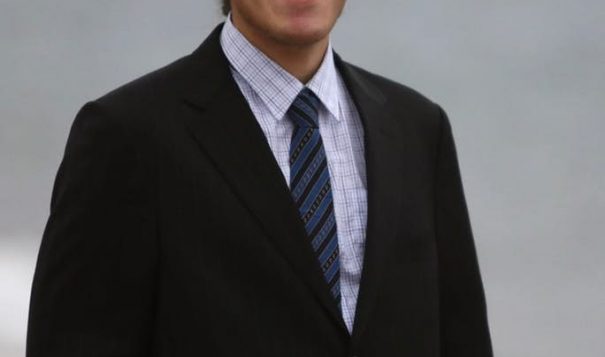
Indian Country Today
Nathan Balk King
Have you ever looked at photos of the big, golden General Assembly Hall at the United Nations and wondered what it’s like to be there? Are you a high school student who wants to learn how to protect human rights and influence global affairs?
Native youth can learn how to participate in the United Nations and the UN Permanent Forum on Indigenous Issues the through Model UN and the National High School Model UN Conference.
The high school UN conference is held annually in New York City over five days, is “The world’s largest Model UN Conference” with over 5,000 students representing about 75 countries.
I was able to serve as a delegate at the National High School Model UN Conference in March 2018 because I’m currently living in Massachusetts and attending a school where we have a very active model UN club. It was an amazing experience, traveling to New York City, meeting delegates from around the world, and putting our months of hard work and preparation into action.
While the conference was great, there was a point when I realized I hadn’t seen any other Native students. This saddened me, and it felt unfair that Native youth weren’t participating in the model UN and learning the United Nations processes.
In response to this dire lack of Native representation, I was inspired to start Model United Nations:Indigenous (www.MUNindigenous.com). The purpose of the Model UN: Indigenous is to help establish model UN clubs for Native youth, and gather indigenous delegations to attend the annual conference.
MUN:Indigenous has been officially endorsed by the International Model UN Association, organizers of the national high school conference and model UN events around the world. They also have guidance for starting Model UN clubs and facilitating conference preparation (registration.nhsmun@imuna.org).
In a great demonstration of support, IMUNA has reserved twenty seats for Native delegates for the March 2019 Conference. In addition: “This year, we are proud to be simulating the UN Permanent Forum on Indigenous Issues for the first time,” said Chris Talamo, Executive Director of IMUNA, “and we are working closely with Nathan to ensure that Native American voices are included in this new space.” Talamo says that IMUNA recognizes the disparity of opportunity at NHSMUN, in that the delegates from around the world are disproportionately privileged youth, and that IMUNA is working to diversify participation.
If you are interested in participating in Model UN: Indigenous or know someone who would be interested, now is the time to get involved. Preparations are already underway for the March 2019 Conference, so delegates for that event need to get started as soon as possible. Regular registration is closed and we have only twenty seats for Native delegates. Participation this year is on a first come, first serve basis, prioritizing high school seniors.
Students need to practice public speaking, in depth research, essay writing, and debate to prepare for the national high school conference. Within the UN Committee simulations, students build skills in collaboration, criticism, and the ability to look beyond one’s own opinion. It teaches groups of students how to solve problems considering multiple perspectives.
Why participate in Model UN? Ban Ki Moon, UN Secretary–General (2007-2016) said, “You will have to represent countries in talks with States that have policies you may not agree with. It will train you to be open-minded and flexible. To analyze all of the positions, even those that you oppose. To propose constructive solutions that will benefit all parties. Developing these diplomatic skills will help you as you prepare for leadership in the future. Such skills have never been more important.”
When we arrived at the national high school conference and the first event was the opening ceremony, where thousands of other delegates from around the world gathered in one room. The speakers welcomed us to model UN experience and asserted how important our participation was, stating that we are the future leaders of the world. As Samantha Power, U.S. Ambassador to the United Nations (2013-2017), said to the delegates in 2016, “I wish you could stand where I am standing right now, to be able to look out at all of you. Model UN really is enough to give one hope…to really inspire one…about what your generation is going to achieve in the world. We need you. That’s my main message to you here this evening.”
For the closing ceremony, I finally walked into the UN General Assembly Hall, which was overflowing with the thousands of high school delegates. We all had worked hard to get there, and we were congratulated for our accomplishments under the golden United Nations insignia.
Soon, the youth of my generation will be expected to be the leaders, the doers, and the change-makers that the world so needs. It’s time for indigenous youth to be present in that room, to learn the diplomatic skills and put them into practice, and to add their voices to the advancement of global human rights.
Nathan Balk King is a senior at Sturgis Public Charter High School in Hyannis, MA, and is a member of the Sicangu Lakota Oyate. MUN:Indigenous is currently looking for sponsors for our Native delegates to help with travel and registration costs. All donated funds will be managed by Model UN: Indigenous 501(c)(3) fiscal sponsor. Email:MUNindigenous@gmail.comand visit MUNindigenous.com for more information, resources directly from IMUNA, and their official letter of endorsement.
